Cape Verde: Society, Island Identity and Worldviews
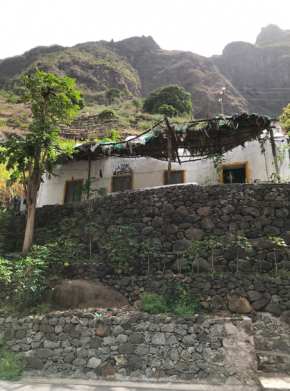 House, Santo Antão, 2018The archipelago of Cape Verde is not included in most commercial maps of the African continent. If we read a world map, our attention is seized by major countries, and the tiny nation pales into insignificance. The present photo-essay is the result of recent fieldwork. On the islands, the inhabitants had to harness available resources (e.g., rain, soil, mountains and oceans) and follow a frugal but ingenious diet. Collectively, they triumphed over natural forces, western colonialism and deterministic forecasts. The country achieved key successes and managed to rein in famine because public bodies extended direct support to the population in times of crisis. As pointed out by experts, the roles played by the government, local and national institutions, quick and responsive political actions, and effective channelling of financial and material resources proved to be far more effective than economic growth, expansion of the agricultural section or acceleration of food production in combating famine. Studying Cape Verde has allowed us to comprehend the practical challenges in Africa and apply possible solutions. Read and enjoy the full account at Visual Ethnography 9 (1):170-185.
House, Santo Antão, 2018The archipelago of Cape Verde is not included in most commercial maps of the African continent. If we read a world map, our attention is seized by major countries, and the tiny nation pales into insignificance. The present photo-essay is the result of recent fieldwork. On the islands, the inhabitants had to harness available resources (e.g., rain, soil, mountains and oceans) and follow a frugal but ingenious diet. Collectively, they triumphed over natural forces, western colonialism and deterministic forecasts. The country achieved key successes and managed to rein in famine because public bodies extended direct support to the population in times of crisis. As pointed out by experts, the roles played by the government, local and national institutions, quick and responsive political actions, and effective channelling of financial and material resources proved to be far more effective than economic growth, expansion of the agricultural section or acceleration of food production in combating famine. Studying Cape Verde has allowed us to comprehend the practical challenges in Africa and apply possible solutions. Read and enjoy the full account at Visual Ethnography 9 (1):170-185.
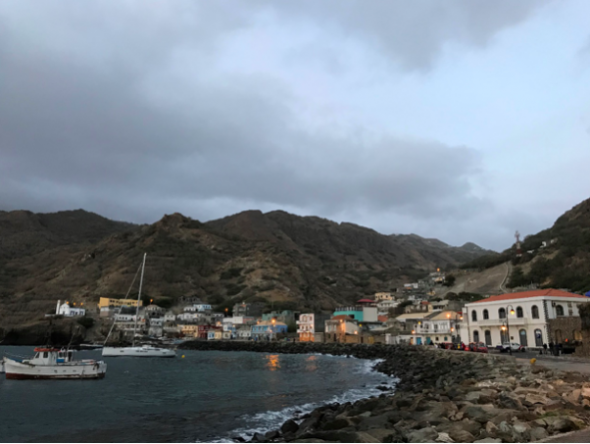 Brava at dawn, 2019
Brava at dawn, 2019
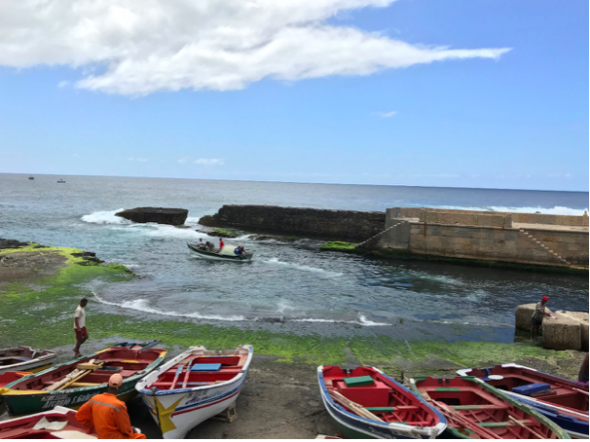 Santo Antão in the afternoon, 2018.
Santo Antão in the afternoon, 2018.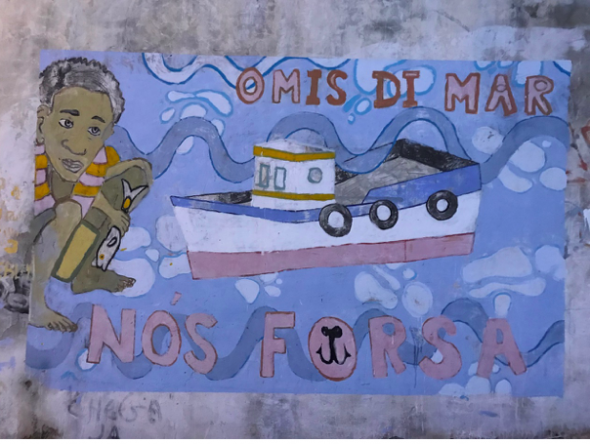 Mural, Santiago, 2019.
Mural, Santiago, 2019.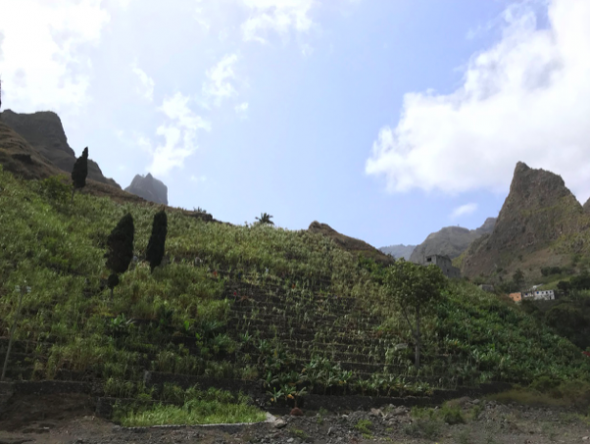 Agriculture, Santo Antão, 2018.
Agriculture, Santo Antão, 2018.